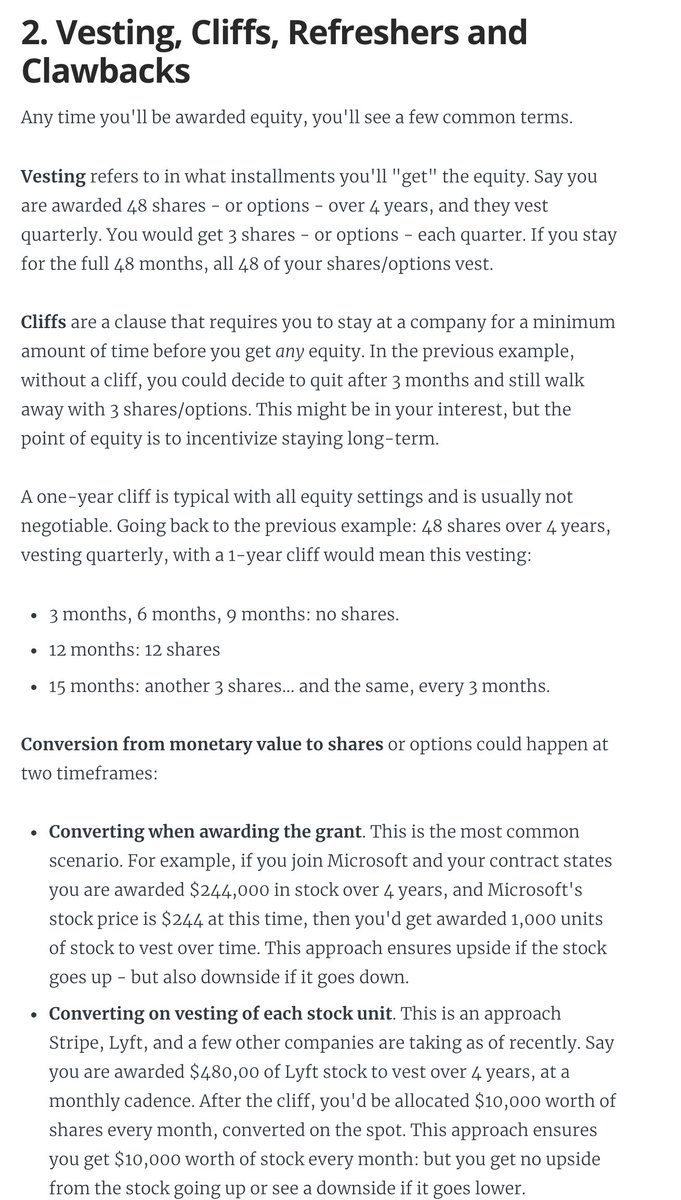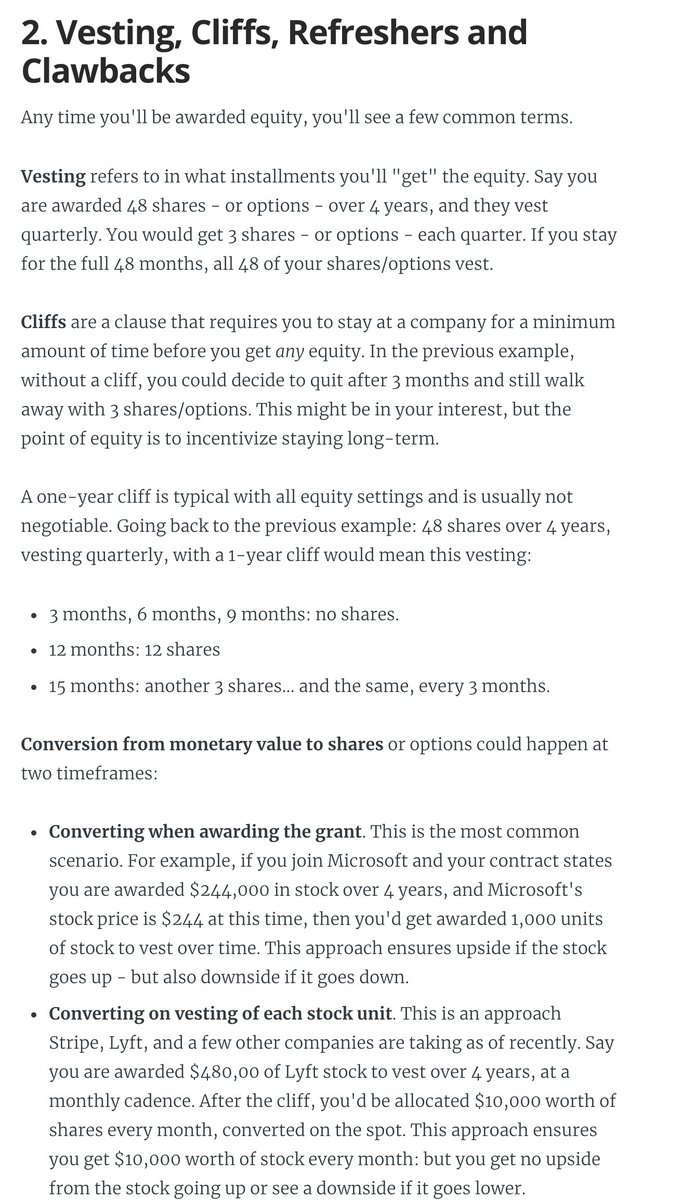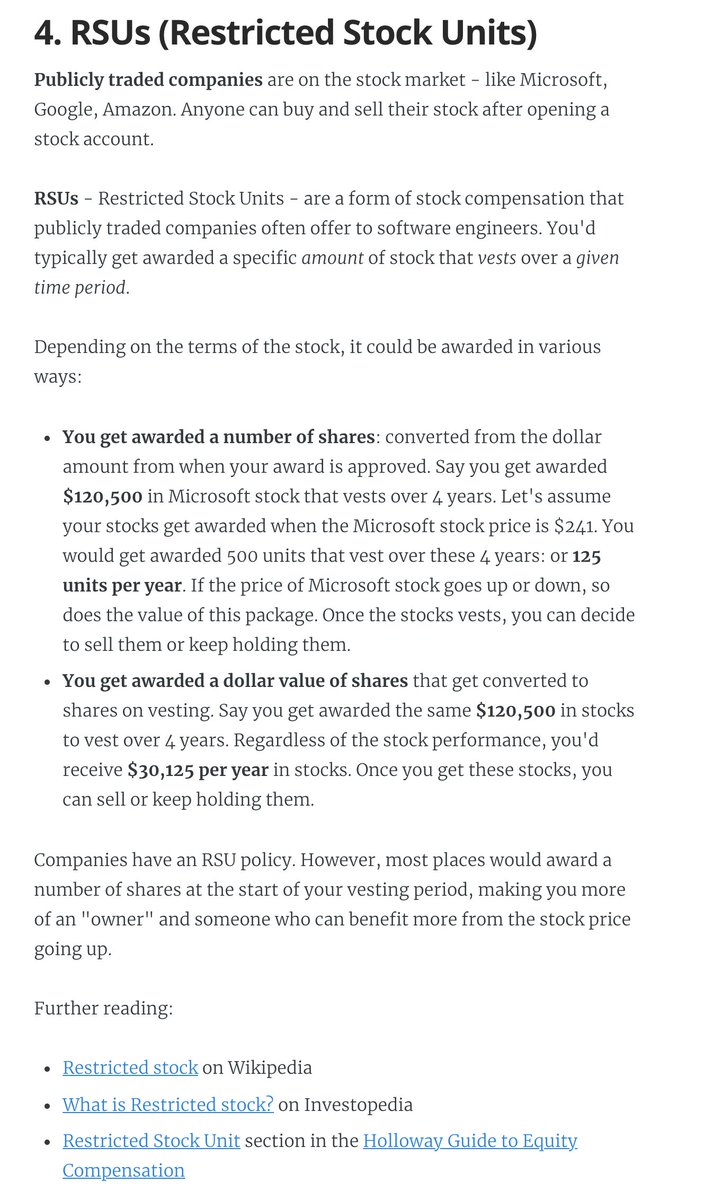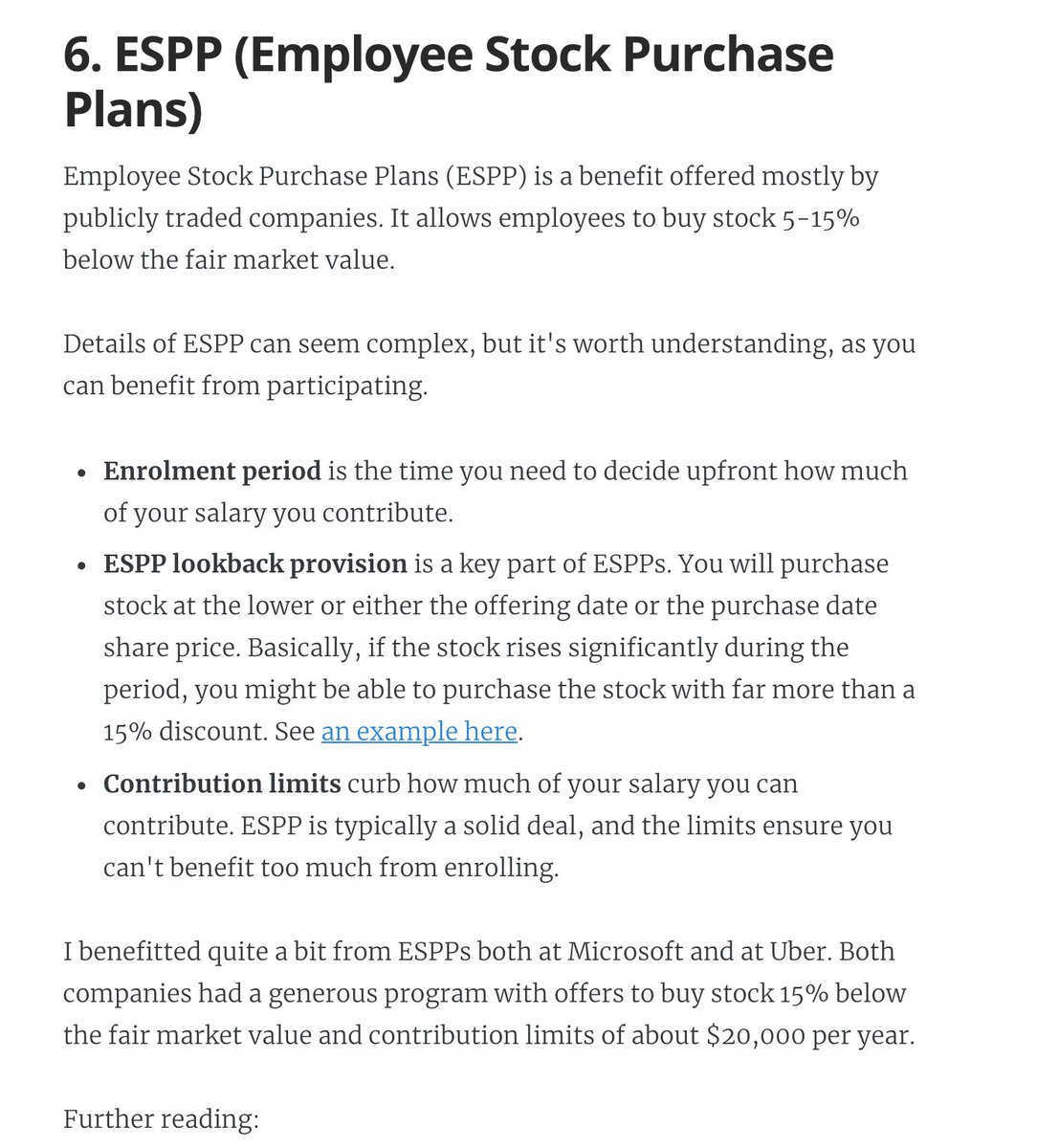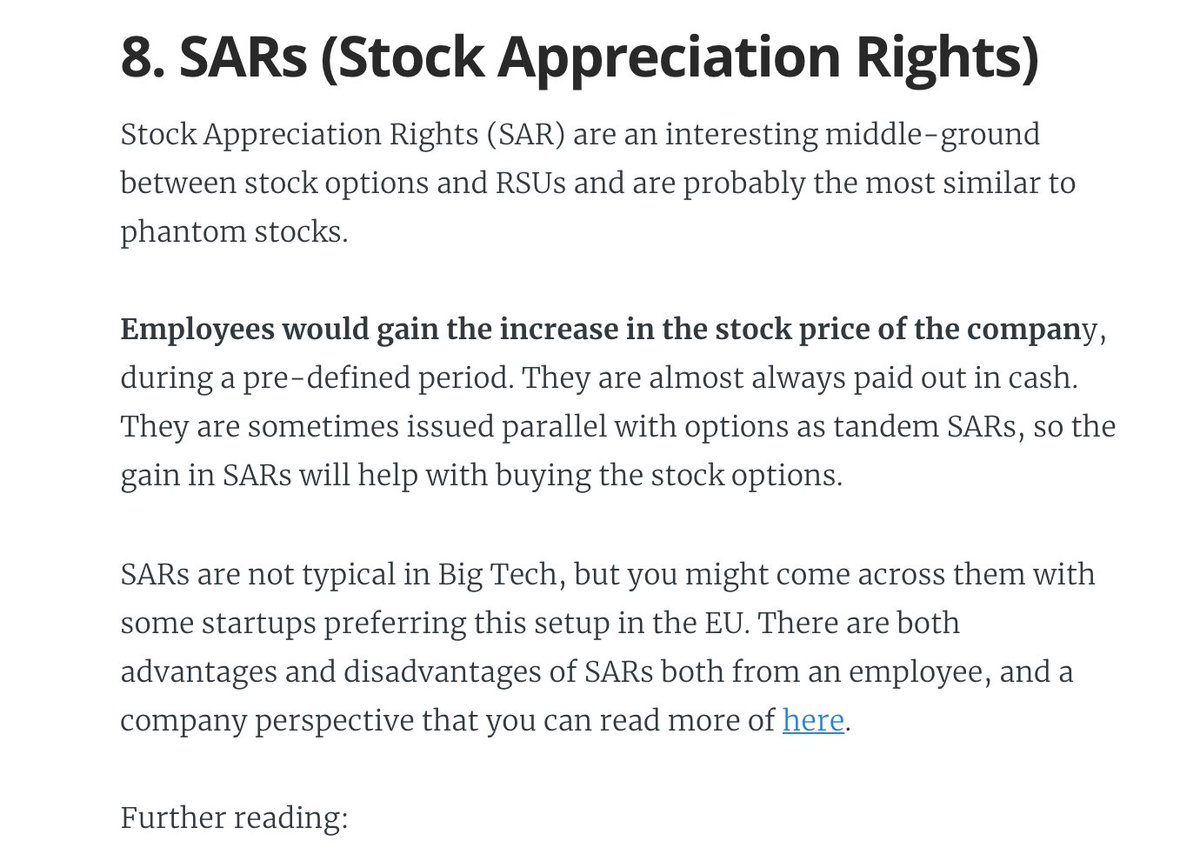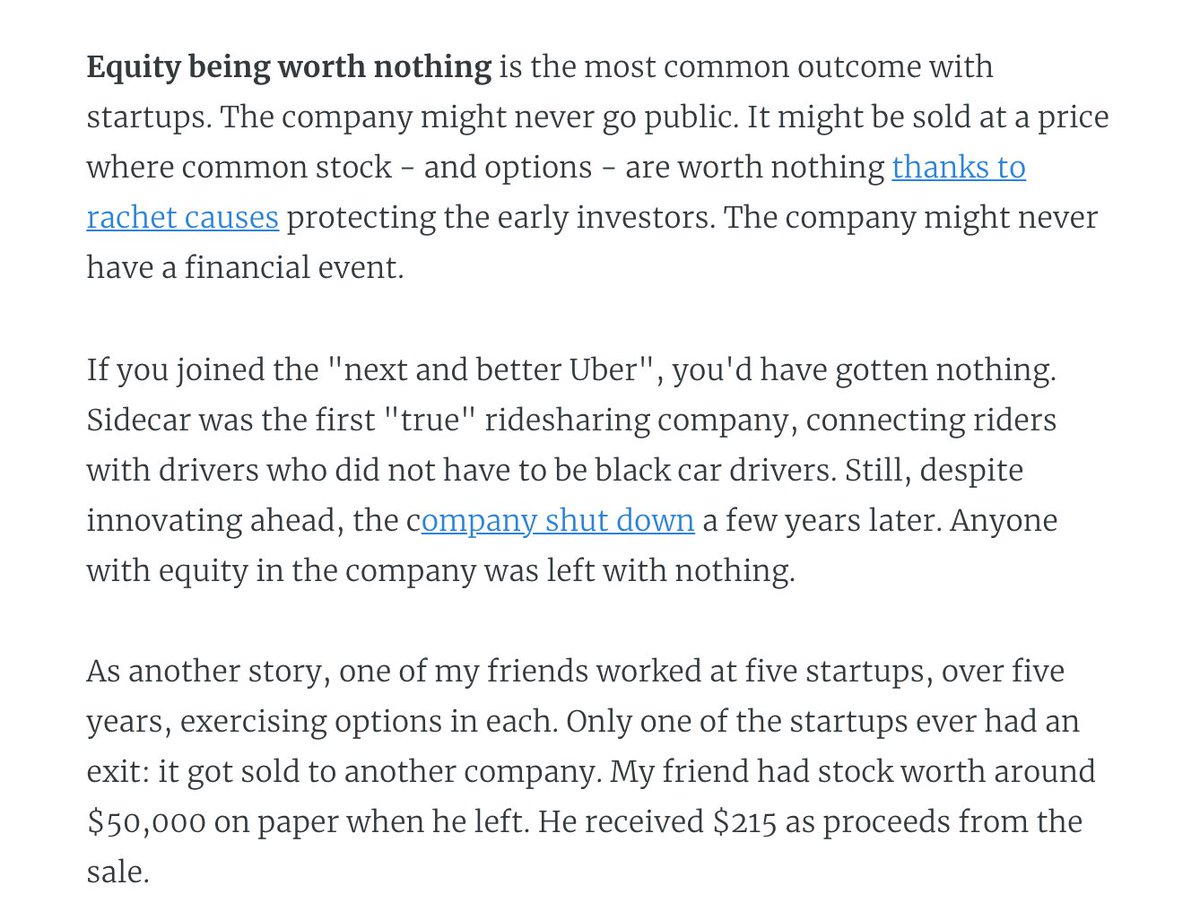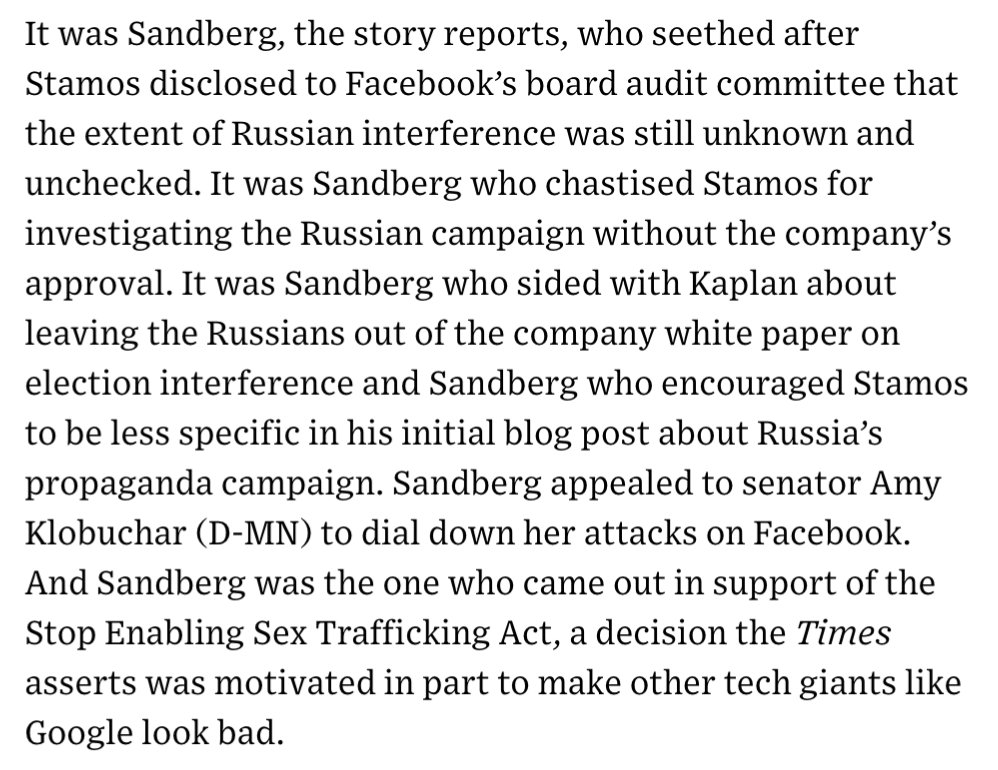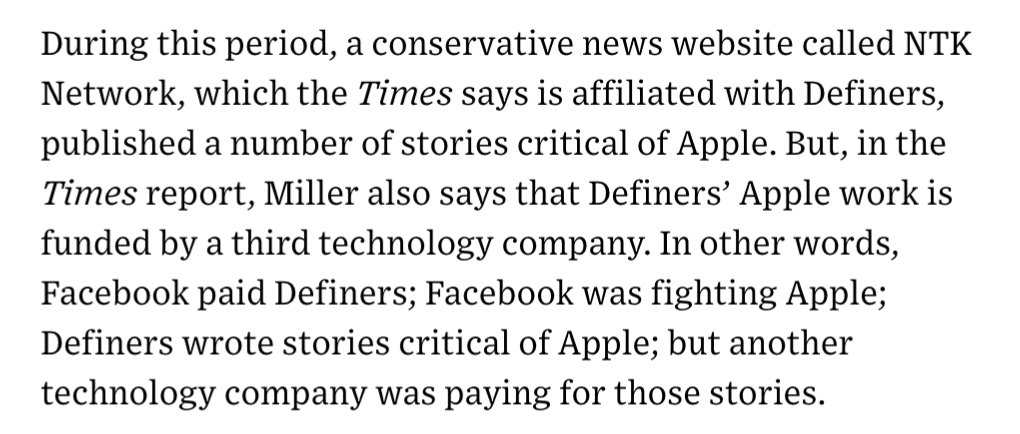HELLO: If you pee and every time you finish, your urine looks like this picture, you may have a serious medical illness.
Foamy urine especially if it is persistent and noticeable over time may mean you have a serious kidney problem.
Let’s talk about this today...
RT for others.
What are the features of a normal urine?
A normal urine should have a light yellow colour, painless, odourless (or faint smell), steady stream and should ideally not foam when you pee.
When there’s something wrong, then you see changes in all the above normal features of urine.
For instance if urine becomes very deep yellow, it may mean you are dehydrated;
If urine becomes painful or smells really really bad, it may mean you have an infection;
If urine has a poor stream, especially in a man, it may mean a prostate problem like cancer.
Do you get me?
So today let’s talk about Foamy Urine.
What are the things that can cause urine to suddenly be foamy. As I said in the first tweet, it MAY mean a serious medical illness like a serious kidney problem.
First things first- it does NOT always mean a problem but it may as well.
Now what are the causes of Foamy Urine:
1. SPEED-
If you pee really fast or with a lot of force, it may make your urine more foamy than usual. The speed and force makes the urine generate a lot of bubbles which tend to almost quickly disappear as it is formed in the toilet bowl.
